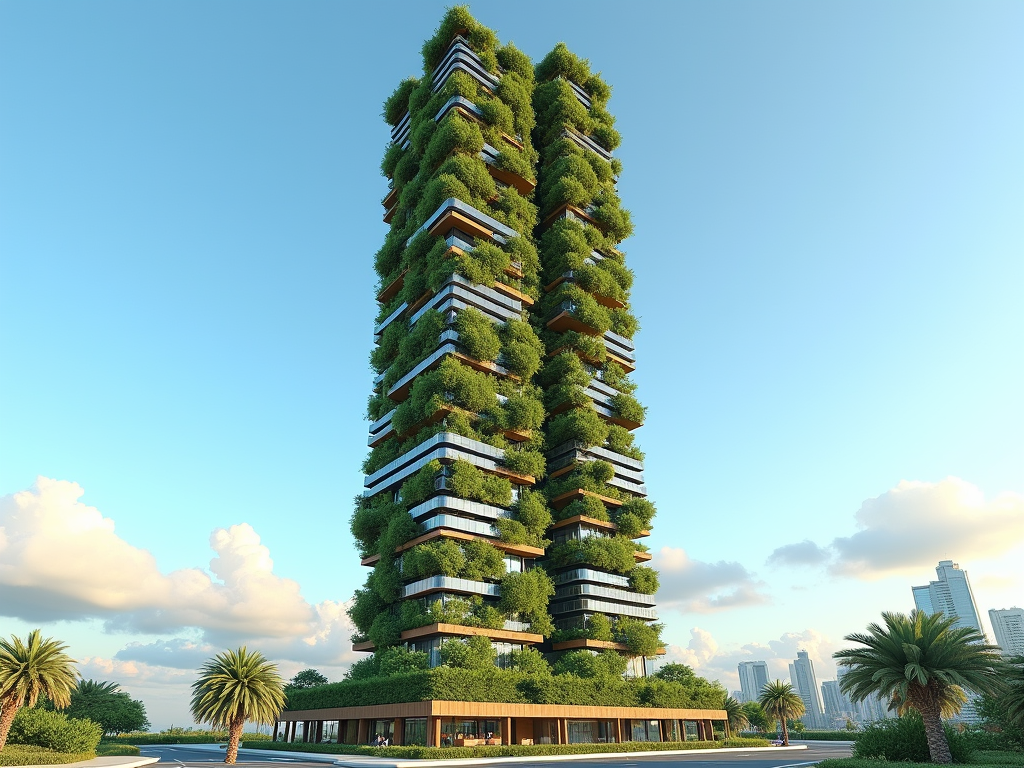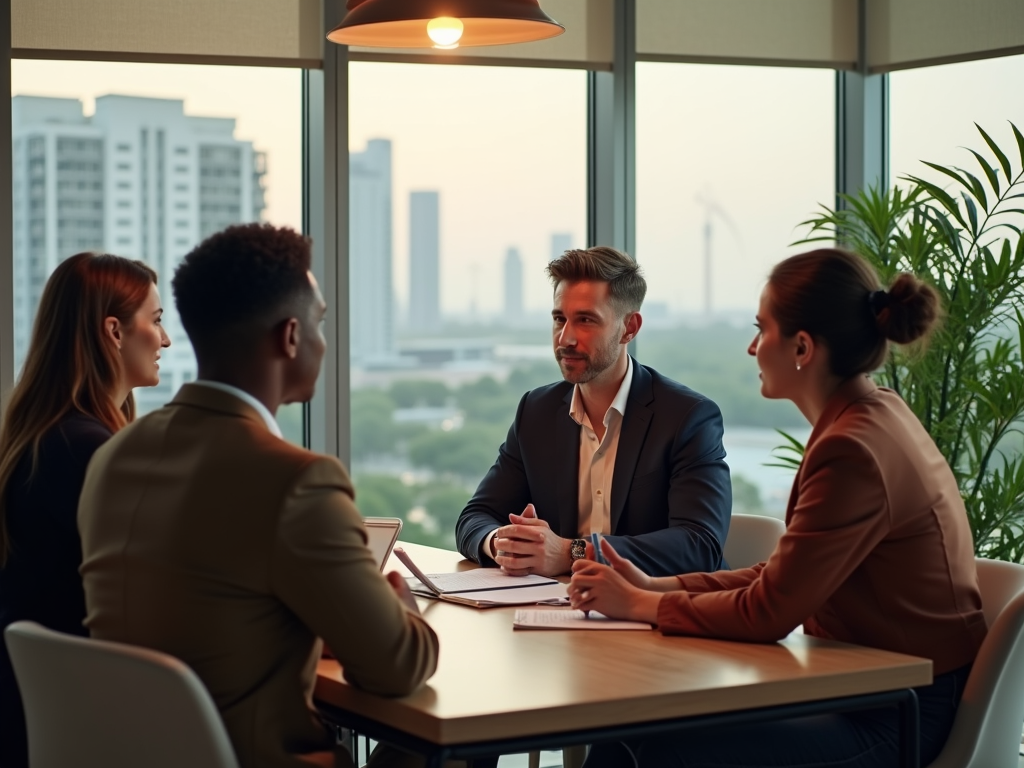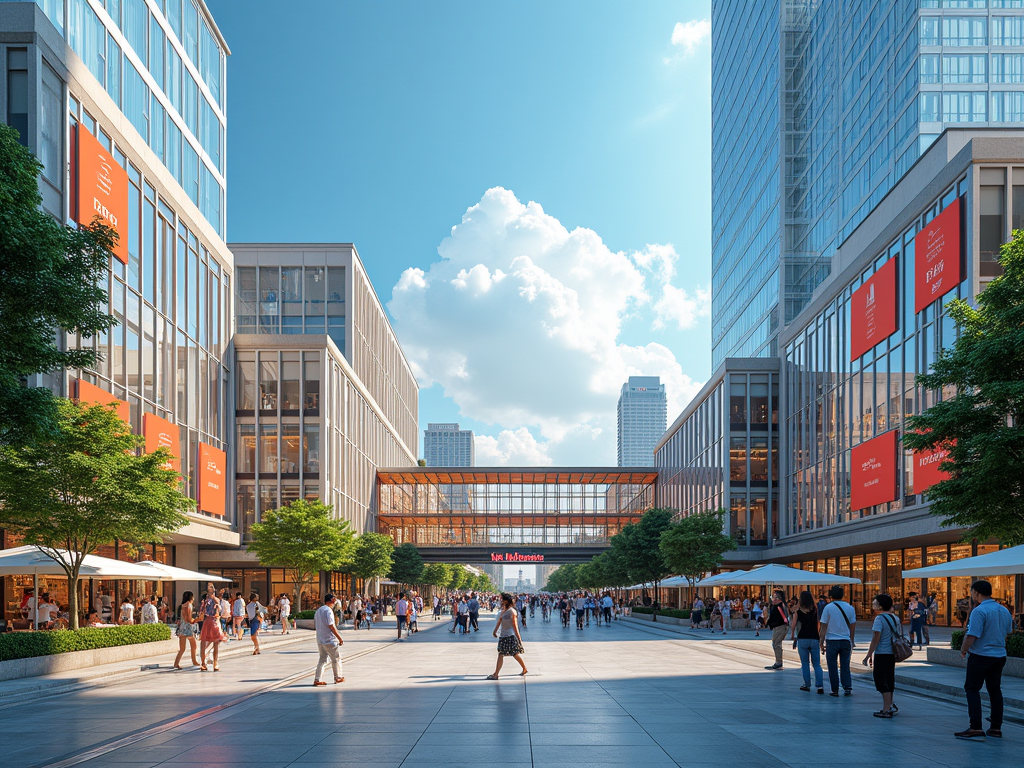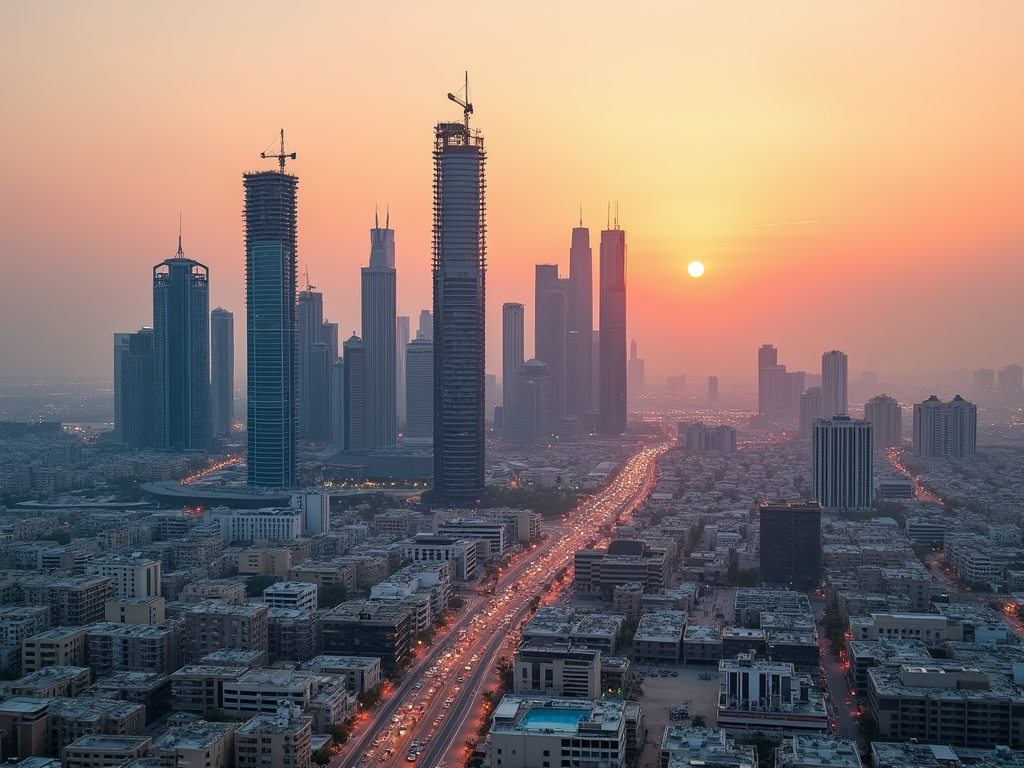Dubai has embarked on a transformative journey towards sustainable real estate development, positioning itself as a model for urban planning in arid landscapes. As global concerns about climate change and resource depletion intensify, the city is innovating its architectural practices, focusing on eco-friendly developments that blend modernity with sustainability. The main topic of this article revolves around the current trends in sustainable real estate development in Dubai and what’s on the horizon as the city strives for a greener future.
Current Trends in Sustainable Real Estate
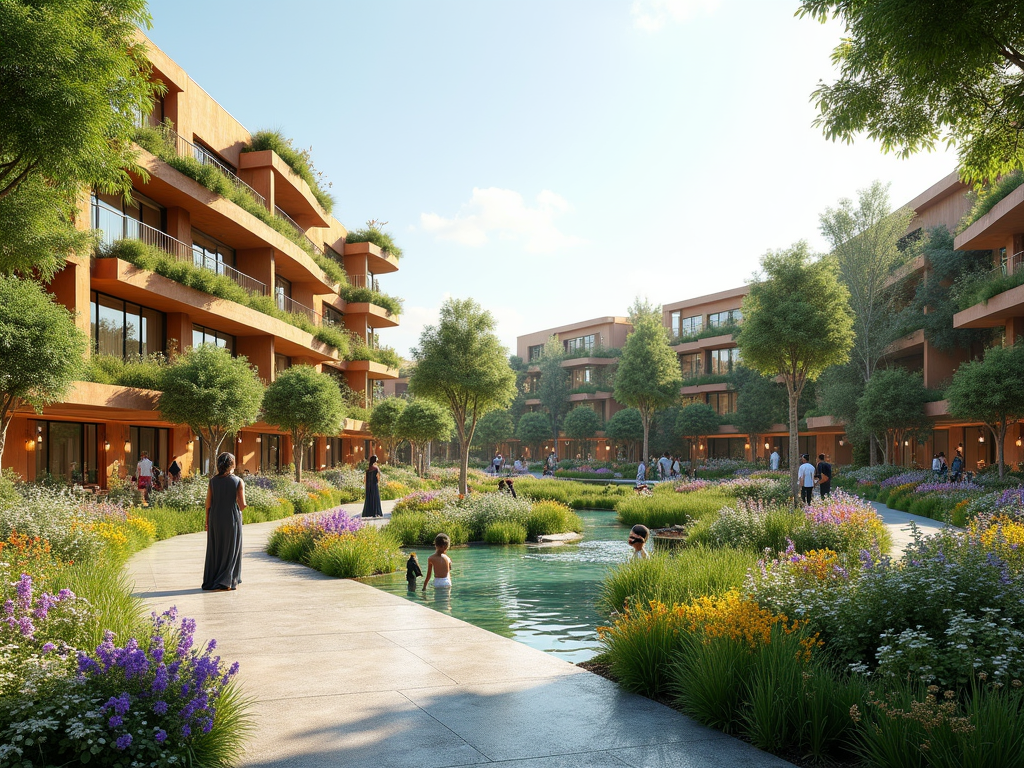
Dubai’s approach to sustainable real estate is multifaceted, with several key trends shaping its development landscape. The integration of green building practices and eco-friendly materials has become paramount as developers aim to reduce energy consumption and water usage. Smart technology also plays a crucial role in enhancing the operational efficiency of buildings, thereby minimizing their ecological footprint. Furthermore, the government has implemented stringent regulations and incentives to encourage developers to invest in sustainable projects.
Some notable current trends include:
- Green Certifications: Developers are increasingly applying for certifications like LEED (Leadership in Energy and Environmental Design) to validate their sustainable efforts.
- Energy Efficiency: Buildings now incorporate energy-efficient designs, such as solar panels and advanced HVAC systems to optimize energy usage.
- Water Conservation: Implementing technologies for greywater recycling and drought-resistant landscaping helps conserve precious water resources.
- Sustainable Materials: The use of recycled materials and locally sourced products reduces the environmental impact of construction.
- Community Green Spaces: Developers are emphasizing the creation of parks and recreational areas that promote biodiversity and improve air quality.
Government Initiatives and Investments
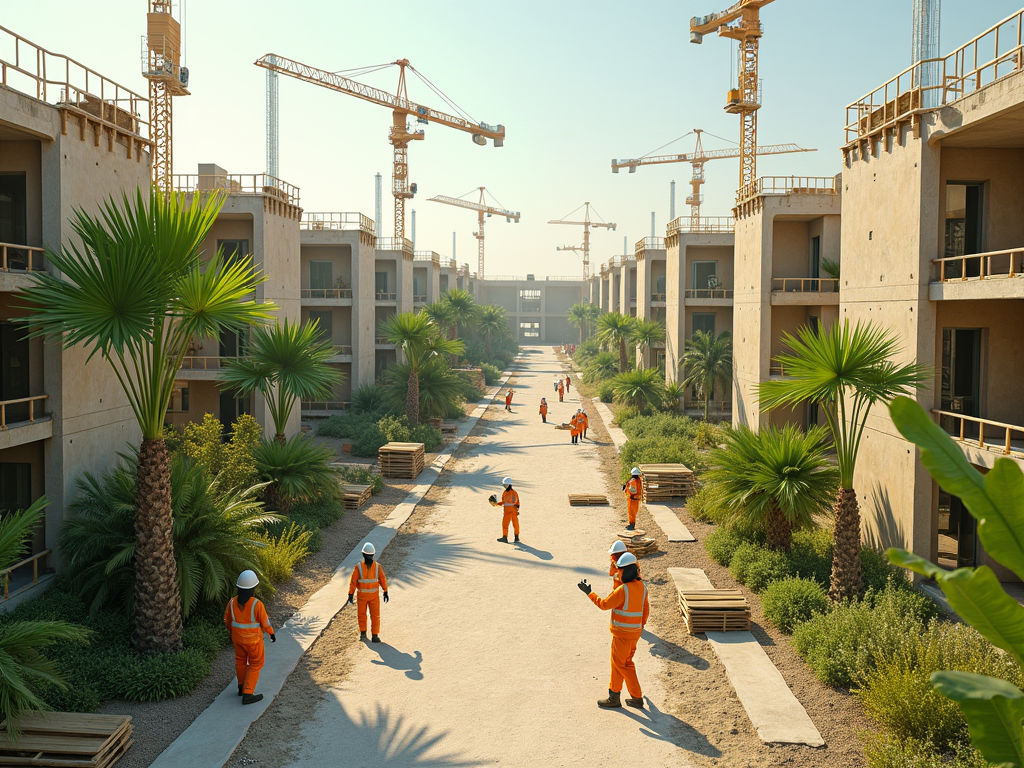
The government of Dubai has recognized the importance of sustainable development and has initiated various programs and regulations to accelerate this shift. From the Dubai Clean Energy Strategy 2050 to the Dubai Urban Master Plan 2040, several frameworks aim to make the city a hub for sustainable living. Notably, the government’s funding for renewable energy projects and green building initiatives has increased significantly, with investments aimed at fostering innovation within the sector.
In addition, public-private partnerships (PPPs) are being encouraged, allowing for shared resources and knowledge that can promote more sustainable practices in real estate development. Moreover, the UAE’s commitment to diversifying its economy away from oil dependency reinforces the urgency for sustainable practices to ensure economic stability. This approach not only enhances the livability of the city but also attracts international investors and residents who value sustainability.
As Dubai continues to evolve, several factors will determine the trajectory of its sustainable real estate development. The imminent adoption of advanced technologies such as artificial intelligence (AI) and the Internet of Things (IoT) will significantly impact how buildings are designed, constructed, and managed. These technologies can enhance building performance, drive down operational costs, and provide real-time data to improve efficiency.
Additionally, the incorporation of biophilic design principles—where nature is integrated into architectural spaces—promises to foster healthier living environments. The following elements will be likely focus areas for the future:
- Increased focus on circular economy principles.
- Development of zero-carbon buildings by 2030.
- Expansion of public transportation to reduce carbon footprints.
- Greater emphasis on community engagement and participatory design.
- Continuous innovation in sustainable building materials and practices.
Conclusion
Dubai’s commitment to sustainable real estate development signifies not only a response to current environmental challenges but also an opportunity to reshape urban living standards. With ongoing government support, innovative technologies, and a focus on community-centered design, the future of real estate in Dubai looks promisingly sustainable. As the city further embraces eco-friendly practices and cutting-edge solutions, it sets a robust example for other urban centers aiming to achieve sustainability goals in an ever-changing world.
Frequently Asked Questions
- What are the key benefits of sustainable real estate development in Dubai? Sustainable real estate development in Dubai offers numerous benefits including energy cost savings, improved air quality, enhanced resilience to climate change, and added value to properties through green certifications.
- How is the Dubai government supporting sustainable real estate initiatives? The Dubai government supports sustainable real estate initiatives through financing, regulatory frameworks, and partnerships that incentivize eco-friendly practices.
- What role do technology and innovation play in Dubai’s sustainable real estate? Technology and innovation are pivotal as they enhance operational efficiency, improve building performance, enable real-time monitoring, and contribute to energy management.
- What is biophilic design? Biophilic design is an approach that seeks to connect people with nature in built environments, promoting health and well-being through natural elements like plants, water features, and natural light.
- What are zero-carbon buildings? Zero-carbon buildings are structures that are designed to have no net carbon emissions through the use of renewable energy and improved energy efficiency measures.
